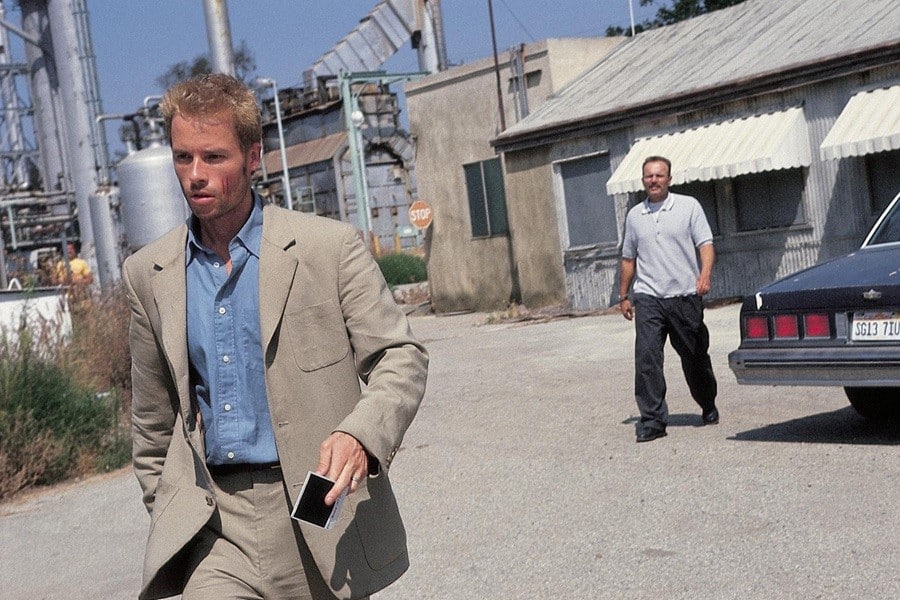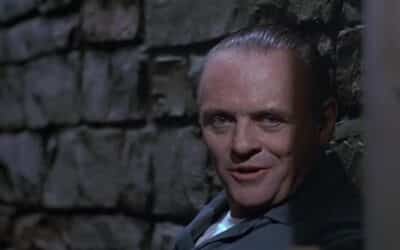
Psychological Manipulation in Thrillers
Psychological thrillers are like a funhouse of horrors, the kind of place where you’re more likely to trip over your own paranoia than anything else. They don’t just mess with your head—they turn it inside out, shake it up, and serve it back to you with a side of existential dread. Reading these books before bed? Let’s just say I’ve had more restful nights camping in bear country.
Take unreliable narrators. They’re the untrustworthy friends of the literary world, the ones who tell you they’ve got your back while plotting your surprise birthday party—only the surprise is a deep dive into madness. Dennis Lehane’s “Shutter Island” features U.S. Marshal Teddy Daniels investigating a disappearance at a mental institution. By the time you’re halfway through, you’re questioning everything, including whether you locked your front door. Martin Scorsese’s film adaptation, with Leonardo DiCaprio looking perpetually bewildered, perfectly captures this descent into lunacy. You’ll be left wondering if you, too, are losing your grip on reality.
Then there’s “The Silent Patient” by Alex Michaelides, where renowned painter Alicia Berenson is found standing over her husband’s dead body and then decides to take a vow of silence. Enter Theo Faber, a psychotherapist determined to make her speak. The narrative is a hall of mirrors, each twist more disorienting than the last. By the end, you’re so turned around you might need a compass to find your way back to reality.
And let’s not forget psychological manipulation, where characters are controlled like marionettes on a string. In Patricia Highsmith’s “The Talented Mr. Ripley,” Tom Ripley is the charming sociopath we all secretly fear we might know. He doesn’t just want to be Dickie Greenleaf; he wants to become him, like a sinister game of “Freaky Friday.” Matt Damon’s portrayal in the film makes you want to call up all your friends just to make sure none of them are planning to steal your life.
Gillian Flynn’s “Dark Places” gives us Libby Day, the lone survivor of her family’s massacre. She gets roped into revisiting the crime by a group of murder enthusiasts—because apparently, that’s a thing. Everyone she meets seems to have their own agenda, manipulating her like she’s the last piece in a very dark puzzle. It’s enough to make you suspicious of your own book club.
Identity and memory crises are the bread and butter of this genre. S.J. Watson’s “Before I Go to Sleep” follows Christine Lucas, who wakes up every day with no memory of her past. It’s like the movie “Groundhog Day,” only with less Bill Murray and more sheer terror. Nicole Kidman’s portrayal in the film adaptation will have you double-checking your own memories, just to be sure they’re still there.
“Memento,” directed by Christopher Nolan, features Leonard Shelby, who tattoos clues on his body to remember his quest for vengeance because he’s got the memory of a goldfish. The film’s nonlinear narrative makes you feel like you’re piecing together your own life story, one cryptic clue at a time. If you thought following a normal plot was hard, try doing it with a protagonist who can’t remember what he had for breakfast.
Atmosphere and setting are crucial in these stories, wrapping the characters’ minds in a suffocating blanket of tension. Gillian Flynn’s “Gone Girl” is set in the oppressive heat of North Carthage, Missouri. The town’s decaying charm mirrors the Dunne’s deteriorating marriage, making you feel like you need a cold shower and a stiff drink by the end. David Fincher’s film adaptation does a splendid job of making you question why you ever thought marriage was a good idea in the first place.
Peter Swanson’s “The Girl with a Clock for a Heart” unfolds in a cold, wintry Boston. George Foss is dragged into a web of crime by his long-lost love, and the city’s bleak landscape mirrors his spiraling descent into chaos. It’s the kind of story that makes you want to stay inside with a hot cocoa, far away from any long-lost lovers.
Character-driven plots are the meat on the bones of psychological thrillers. Paula Hawkins’ “The Girl on the Train” gives us Rachel Watson, whose life is a slow-motion car crash you can’t look away from. Her unreliable narrative and deteriorating mental state pull you into a whirlpool of suspense. Emily Blunt’s portrayal in the film adaptation is a masterclass in desperation, making you feel like you need a therapist on speed dial.
Tana French’s “The Witch Elm” features Toby Hennessy, who retreats to his family’s ancestral home after a brutal attack, only to find a skull hidden in an elm tree. As Toby’s memory unravels, so does his sense of self. French’s intricate character study turns a simple whodunit into a profound exploration of identity and guilt. It’s the kind of book that makes you question everything you know about yourself, and whether you should really trust your family tree.
Psychological thrillers dive deep into the murky waters of the human psyche, where secrets float just below the surface and nothing is ever as it seems. The genre thrives on the tension between perception and reality, with unreliable narrators, manipulative characters, fragmented identities, oppressive atmospheres, and character-driven plots creating a rich tapestry of suspense.
These stories remind us that the greatest mysteries lie within our own minds. They explore the fears and desires that drive us to our breaking points, delving into the darkest corners of the human psyche. In the world of psychological thrillers, the mind is both a labyrinth and a weapon, each twist and turn a stark reminder that we can never fully trust what we see—or what we think we know.
Psychological thrillers pull us into a vortex of uncertainty, where every shadow hides a truth waiting to be uncovered. They challenge our perceptions, play with our expectations, and ultimately leave us questioning the very nature of reality. In these dark, brooding narratives, the mind is a maze, and the way out is never straightforward. It’s a journey that makes you grateful for the mundanity of your own life, where the biggest mystery is what’s for dinner.
More Psychological Thriller Features
Mind Games
Mind Games in Psychological Thrillers
Psychological Crime Thrillers
The Twisted Trails of Psychological Crime Thrillers
Domestic Psychological Thrillers
What is the domestic psychological thriller genre?



